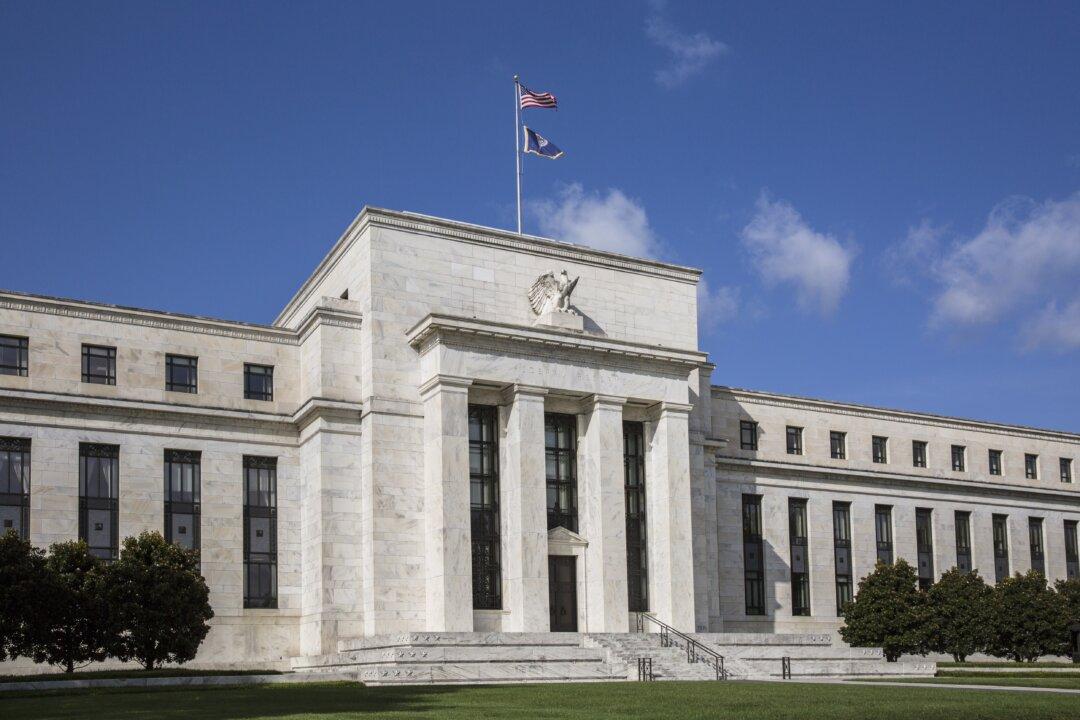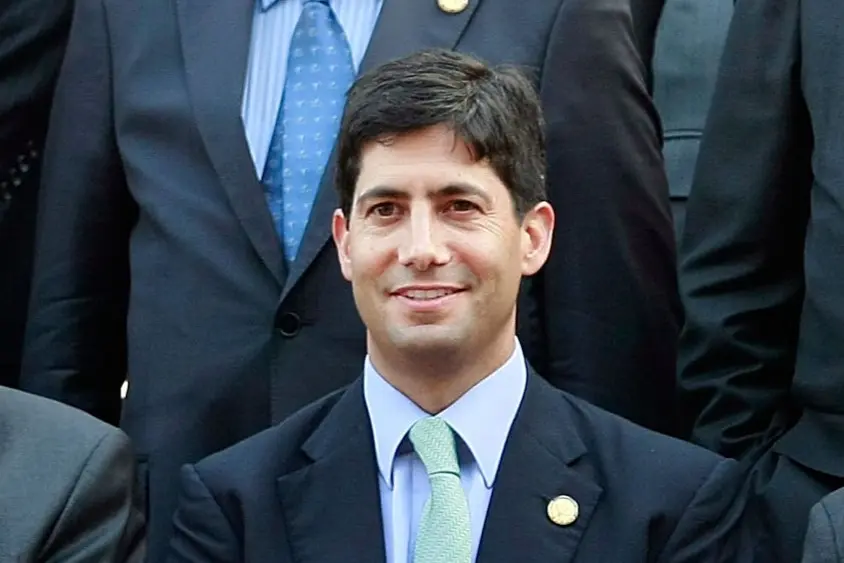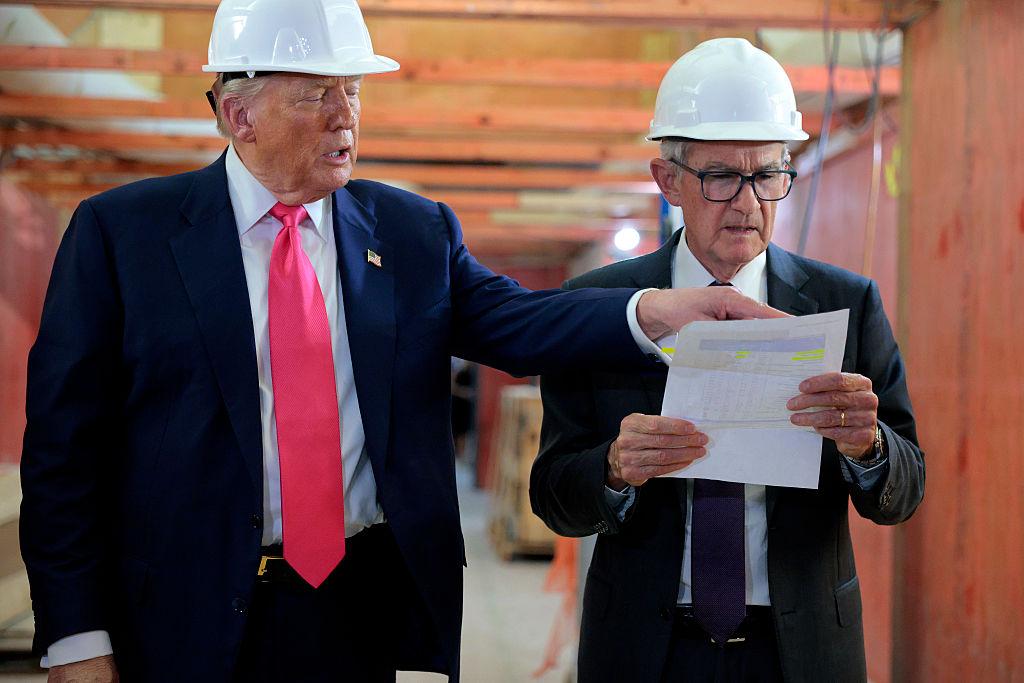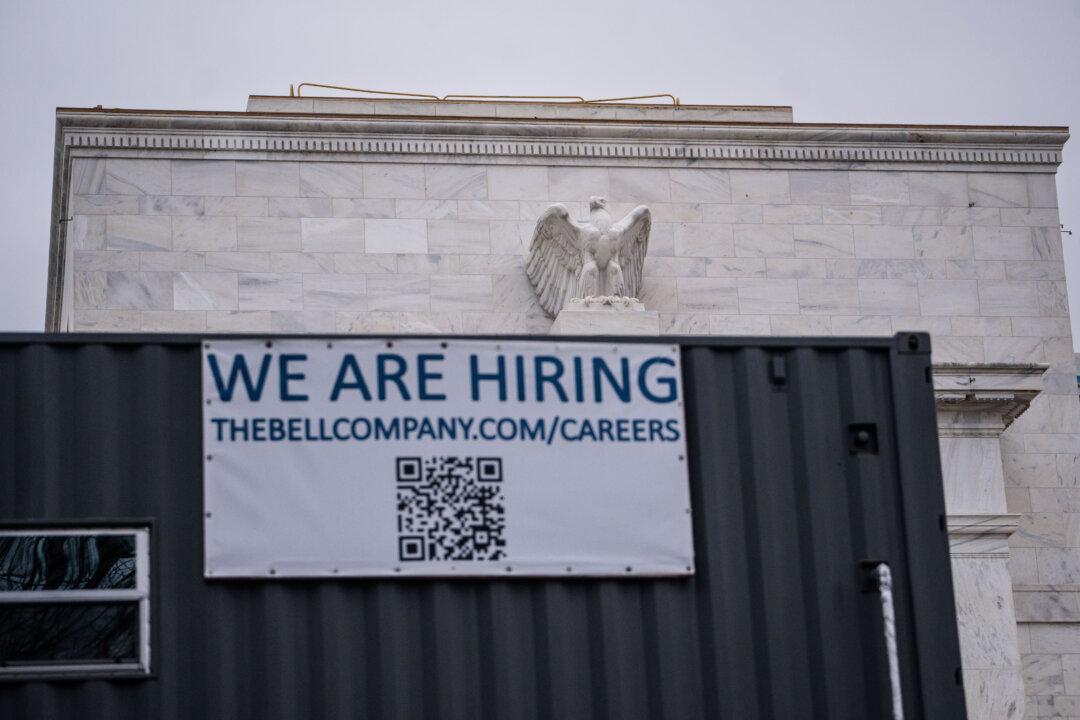The Federal Reserve’s policy-making arm, the Federal Open Market Committee (FOMC), issued a statement that seemed dovish, at first, but then the FOMC signaled that one more Fed rate hike was not only possible but likely. A survey of the FOMC members revealed that seven members did not want to increase key interest rates anymore, but they were overruled by 12 FOMC members who were open to another interest-rate hike. The FOMC statement said that members were “highly attentive to inflation risks.” The bottom line is that the Fed remains data-dependent, but that means any good news, such as rising GDP or higher energy prices, could mean another rate increase.
I remain in the camp that energy is an inflation outlier, so the Fed should not increase key interest rates further. The housing component (owner’s equivalent rent) in the Consumer Price Index (CPI) and wholesale service costs in the Producer Price Index (PPI) rose only 0.3 percent and 0.2 percent, respectively, in August. The primary reason why the CPI and PPI rose in August was that gasoline prices rose 10.5 percent and 20 percent, respectively.





